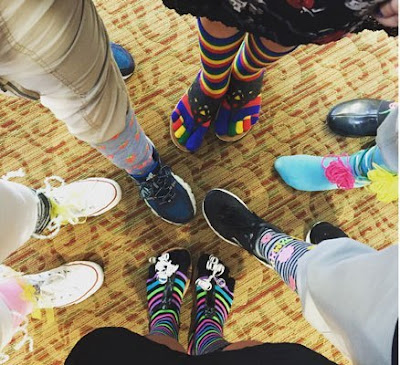Staying Engaged and Interested in Life

Spending time doing things you enjoy can not only help you to stay more interested in life but may also be good for your health. Many hobbies are enjoyed at any age and can help to exercise your mind or body (many do both) as well as provide social interactions. Creative hobbies such as painting, sculpting, photography, scrapbooking and knitting or the performing arts are fun activities for seniors and provide lots of opportunity for socializing. Another healthy hobby is caring for a pet according to A Place for Mom. They explain that, “Pets provide a comfort system and actually produce a chemical chain reaction in the brain that helps to lower levels of the stress-inducing hormone cortisol and increase the production of the feel-good hormone serotonin.” Studies have shown that pet ownership may help lower cholesterol, fight depression and help protect against heart conditions. Stretching exercises and yoga are also popular with seniors as they help improve fle









